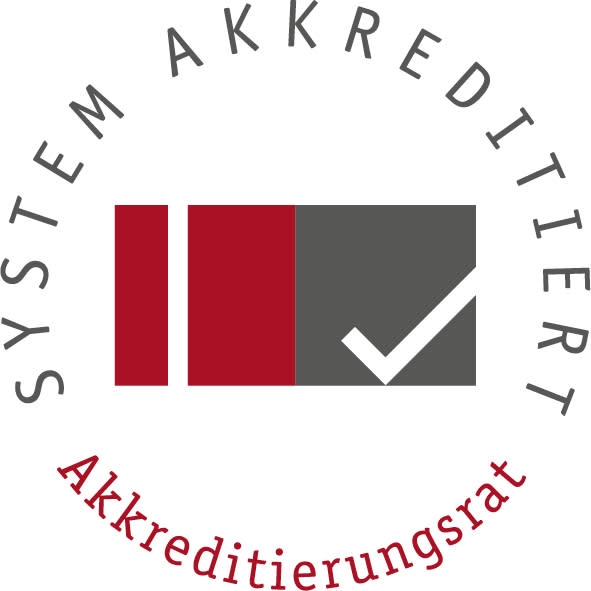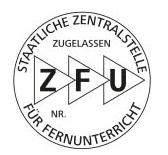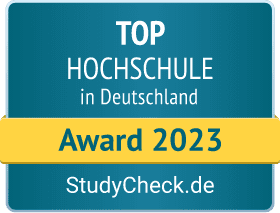The relationship between society and science has become a topic of intense debate in recent
times, particularly in the context of the global pandemic. There is a growing recognition that science is being called upon to play a more active role in addressing the challenges facing humanity.
In parallel with this development and intensification of dialogue, an increasing number of scientists are recognising the need to take a more active role in addressing social problems. They view the selection and initiation of research projects as an opportunity to provide scientific knowledge that can be productive in this regard. The debate on the transformation of our current notions of coexistence towards a sustainable and ecological society is a debate in which the desire to redefine the relationship between society and science is evident. The thesis is that the epochal changes we are striving for requiring a transformative science. This is associated with a science that critically and supportively accompanies, steers and moderates processes of social change (Singer-Brodowski, Holst and Goller 2021; Schneidwind and Singer-Brodowski 2013).
Although the discussion often focuses on the climate crisis (e.g. Scientists for Future), the impact of this transformation is more far-reaching and is associated with a variety of risks of exclusion (Schweizer and Renn 2019). This necessitates the engagement of social work scholarship and
research in particular to discuss the significance of social responsibility and social engagement for the domains of teaching, research, and practice. The objective of this conference is to facilitate a discussion of the complex issues that arise in this context with teachers, students, researchers and practitioners.
Ort: Evangelische Hochschule Nürnberg, Eingang Roonstr. 27, 90429 Nürnberg
Datum: 07. und 08. März 2025
Contents of the conference
Research and Participation in Reconstructive Social Work Research: The focus is on questions of participation in the context of research processes: For whom and with whom are we conducting research? Who are we dealing with in social work? Who could we potentially engage with? What research ethical considerations are important when researching in crisis and disaster contexts? Which civil society initiatives, potentially involving social workers or serving as partners for social workers, come into the focus of research?
Contributions of Reconstructive Social Work Research to Understanding Collective and Individual Crises and Their Consequences: Research generates knowledge to comprehend and address the diverse global crises of modern society. Displacement (also as a consequence of natural disasters), wars and civil wars, antisemitism, and racism are just some of the (crisis) dimensions that demand deep and broad knowledge: How are collective crises related to individual biographies? What knowledge is required to manage crises? What knowledge does social work need to productively respond to new challenges?
Political Dimension of Social Work Research: What contribution can reconstructive research projects, for example, make to societal or self-enlightenment of initiatives or promote reflection processes among civil society actors in this context?
Global Dimension: Social responsibility is also global responsibility. It is about broadening the perspective and exploring forms of qualitative and reconstructive social work research in different countries.
Connection Between Knowledge Generation and Knowledge Application: Traditionally, there is an understanding in social work science that knowledge plays a role both for practical application and for grounding the discipline (DGSA Research Section 2019). This involves questioning which interests guide the decision to focus on certain topics while neglecting others.
Program Committee
Prof. Dr. Michael Appel
Isabel Fischer
Prof. Dr. Cosimo Mangone
Prof. Dr. Johannes Kloha
Prof. Dr. Christin Schörmann, Professor of Social Work at IU
Prof. Dr. Frank Sowa
Keynote Speaker
Prof. Dr. Katrin Valentin, Evangelische Hochschule Nürnberg





